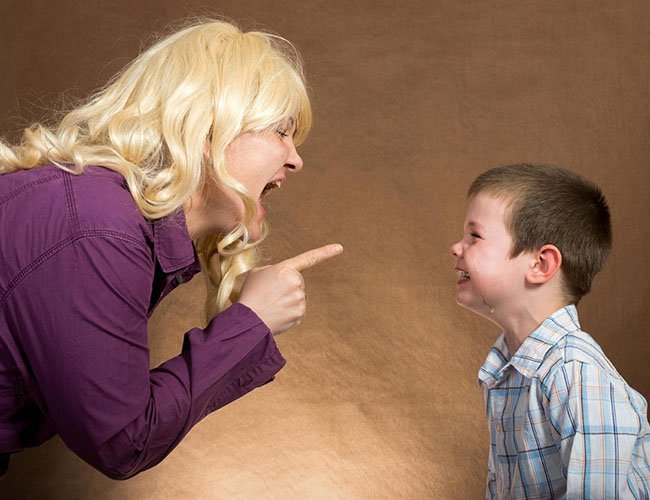< center>
Greetings, mothers and fathers of @steemit, today I want to talk about punishment and children. Regularly, there are parents who define punishment as a method of education.
Everything is determined by their position, some may even remind behaviorists about negative reinforcement and sometimes positive reinforcement.
We must be clear that punishing children in the family, sooner or later, is presented to each parent. Punishment is often used as a technique to raise children. It happens like this: parents, as punishment, first scold, complain, scream for a long time, read notes, threaten to remove a new computer, the device further down the list.
There are parents who physically and psychologically mistreat, threaten, prohibit, as a way of catching their children to correct it, being the worst way to educate.
Regarding punishment, they think they are raising children. Only you know, these are not forms of education. This is just humiliation.
When in a situation a parent uses violence against a child for the purpose of negative reinforcement, then he acts under the following conditions:
These relationships are relationships of dependent people, where the child is a subordinate and dependent person.
the impact occurs on the untrained personality and, therefore, does not have enough adaptive reactions.
This person has his own understanding of the situation in which the father, this person who opposes me, causes me pain and humiliation.
This person has his own understanding of the situation in which the father is a person who does not understand me, that is, he does not feel my emotions, since my emotions either do not touch him or lead to greater aggression.
The child has emotions of aggression.
The child has a feeling of guilt.
The child has an insult.
The child has a feeling of incomprehensibility and rejection.
the child forms an external or internal conformity (disagreement).
When violence is used in children, this leads to the child acting in the relationships of dependent people where their role is subordinate and negatively reinforced: they will stop doing something without fear and then do nothing and form low self-esteem.
When the child's personality is not yet formed, and is subject to violence, feelings formed of aggression, alienation of feelings of guilt will be the main formative dominant of its development.
If a child develops in conditions of incomprehensibility, this will lead to uncertainty, low self-esteem and lack of empathy, which will make him prone to antisocial behavior or isolation.
The feeling of aggression that is formed in the child reduces their perception of the world and blocks access to information that is positive for development and delays development.
Forced guilt, he stays with his son forever and makes him an easy victim of manipulators and sadists.
The resentment formed cancels all efforts to achieve all the benefits for the child.
A sense of incomprehensibility and rejection will be a barrier to future self-realization and a barrier to relationships.
It is also possible the appearance of a series of diseases (psychosomatic, nervous).
How can you avoid all this?
Use nonviolent communication.
